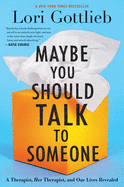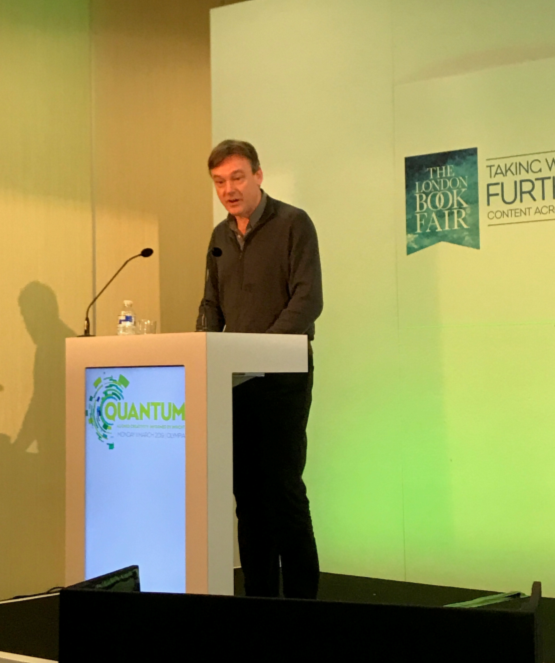 |
| Stephen Page |
"Over the coming years, where who knows what will happen on our high street post-Brexit, publishers must remain committed to sustaining a bookselling presence on the high street," said Stephen Page, CEO of Faber & Faber, in his keynote at the Quantum Conference on Monday morning before the opening of the London Book Fair. "[Bookselling] will of course continue to change shape," Page continued, "but any substantial reduction in its size will result in a radical reduction in the range of books that reach sizable or strong niche readerships."
Page discussed the vibrant, increasingly diverse publishing ecosystem that has emerged over the past several years and touched on many of the challenges facing it today. He noted that despite all of the anxiety over online retail, e-books and more, the last four years actually proved to be "the most successful period commercially in Faber's entire history." All of the technological change over the past 10 or so years has actually helped create a "comparatively solid ground" on which "writers, publishers, editors and booksellers can flourish, and where readers are served exceptionally well."
He added that the biggest and perhaps the most surprising story over the last decade is the "rising confidence of high street booksellers," who play a crucial role in bringing new books to readers. "It's become clear," he said, "that the reliance on the tools of search and online discovery alone currently falls woefully short compared to the effectiveness of markets with strong print publishing and bricks-and-mortar bookshops."
Page declared that in the years ahead, publishers will not only have to master new expertise and technologies but also renew older skills, such as emphasizing editorial choice over sheer scale, and remember that publishers "are not the whole story." The story, he explained, is writing and writers, and a publisher's role is to create "commercial and cultural value for them."
Despite the industry's present strength, he remains worried that the diverse publishing ecosystem was "built on foundations that are open to threat." One rising threat was the group of U.S. businesses referred to as FAANG--Facebook, Apple, Amazon, Netflix and Google--which have been "tearing up" many established and valuable structures in a variety of industries. Page said that sustaining much of the diversity in publishing will come down to placing sensible controls on those businesses, and noted that if and when Britain leaves the European Union, "our chance of ensuring that fairness seems to me to be reduced significantly, as Brussels has demonstrated far greater appetite for this than Westminster."
Page is equally concerned about how Brexit might affect territorial copyright laws, and warned that allowing breaches of territory would only erode the publishing ecosystem. "I fear that there are those who believe that global English-language markets are in their interests," he said. "They are not."
In the face of rising prejudice and violence around the world, Page continued, publishers will have to stand together, fight for the values that the industry believes in and rediscover their wider responsibility to writers, culture and society. Together, publishers and writers can proliferate ideas that will help "heal and rejuvenate" society.
"We do not have the right to simply take a financial slice of the commercial offset of culture, whether popular or high-minded," said Page. "I don't believe that we will satisfy consumers, writers or staff if making money in the future appears to be our sole object." --Alex Mutter
 Bookstore sales in 2018 ended on a happy note. In December, bookstore sales had yet another strong gain, rising 9.2%, to $1.22 billion, compared to December 2017, according to preliminary estimates from the Census Bureau. As in November, data was delayed because of the government shutdown.
Bookstore sales in 2018 ended on a happy note. In December, bookstore sales had yet another strong gain, rising 9.2%, to $1.22 billion, compared to December 2017, according to preliminary estimates from the Census Bureau. As in November, data was delayed because of the government shutdown.




IPC.0204.S3.INDIEPRESSMONTHCONTEST.gif)




 HarperCollins has launched HarperVia, which will focus on acquiring international titles for world English publication. The imprint will acquire mostly fiction in translation, emphasizing books that "celebrate the universal desire for discovery, understanding, and connection through exceptional storytelling," the company said. HarperVia plans to publish about 24 titles per year and will be led by Judith Curr, president and publisher of the HarperOne Group in New York, working in collaboration with David Roth-Ey, executive publisher at HarperCollins UK, and James Kellow, CEO of HarperCollins Australia.
HarperCollins has launched HarperVia, which will focus on acquiring international titles for world English publication. The imprint will acquire mostly fiction in translation, emphasizing books that "celebrate the universal desire for discovery, understanding, and connection through exceptional storytelling," the company said. HarperVia plans to publish about 24 titles per year and will be led by Judith Curr, president and publisher of the HarperOne Group in New York, working in collaboration with David Roth-Ey, executive publisher at HarperCollins UK, and James Kellow, CEO of HarperCollins Australia.
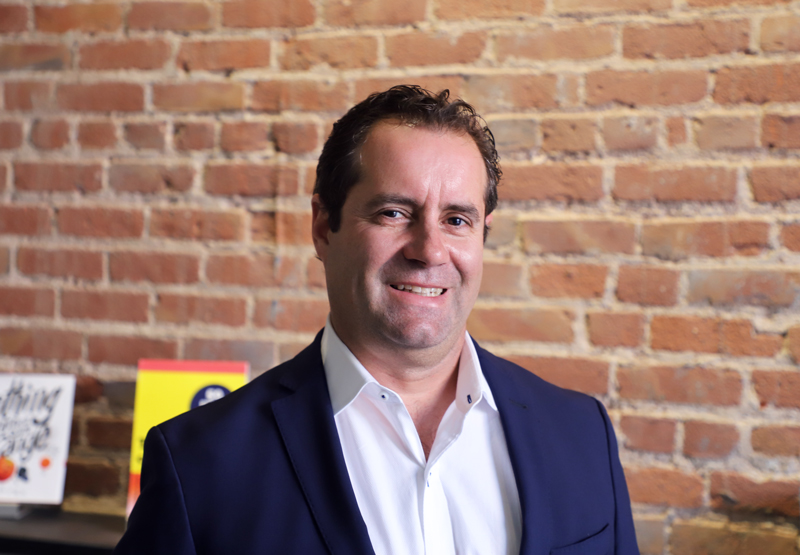


IPC.0211.T4.INDIEPRESSMONTH.gif)
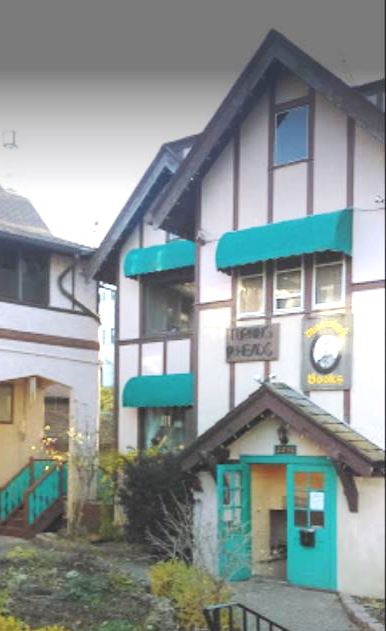
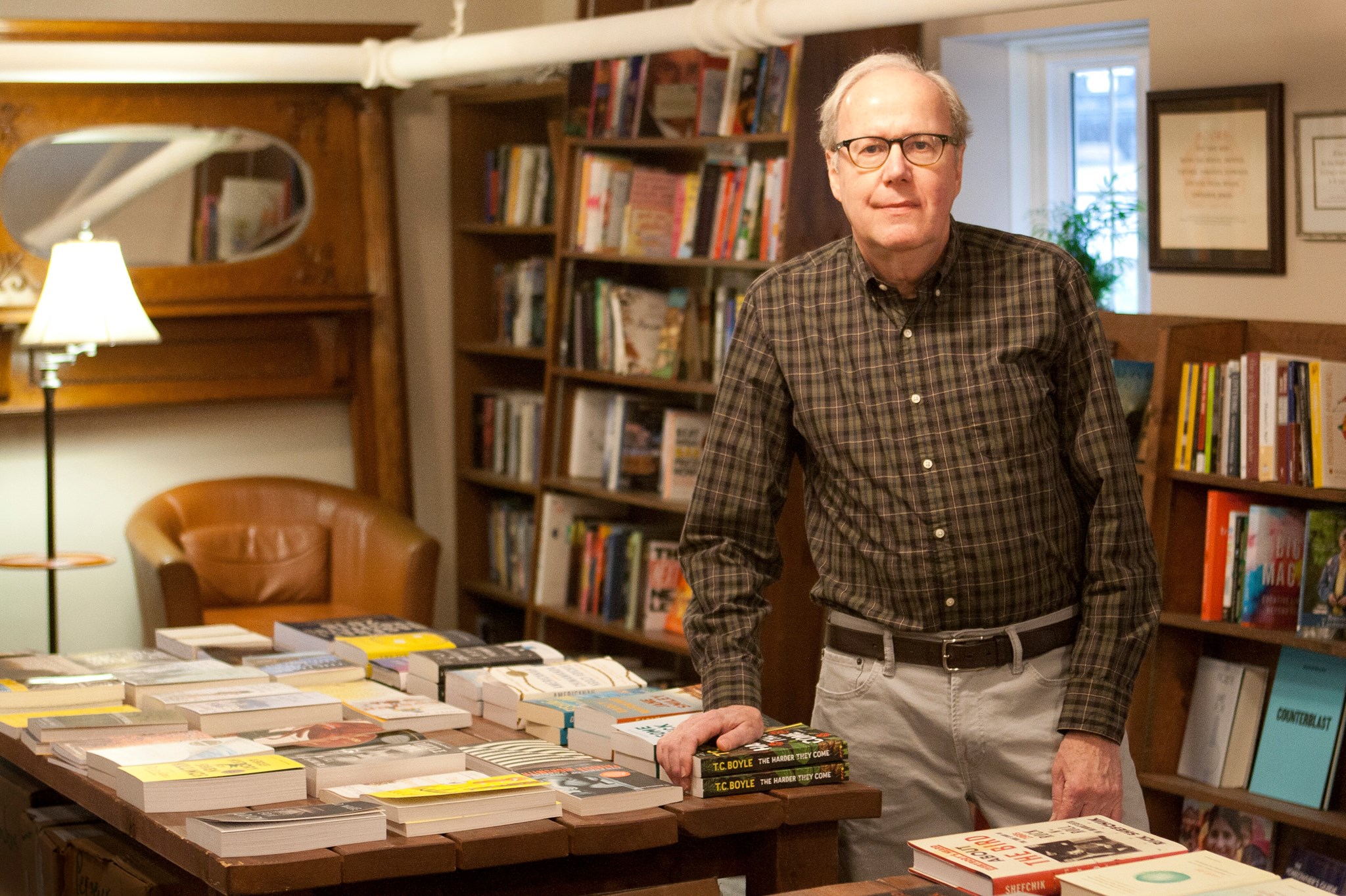
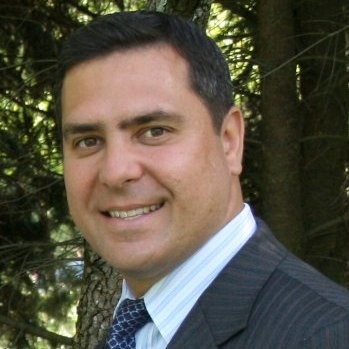
 Kathy L. Murphy, founder of the
Kathy L. Murphy, founder of the 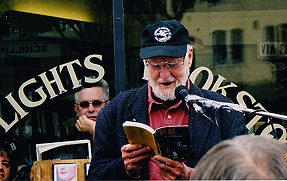 In a travel piece headlined "
In a travel piece headlined "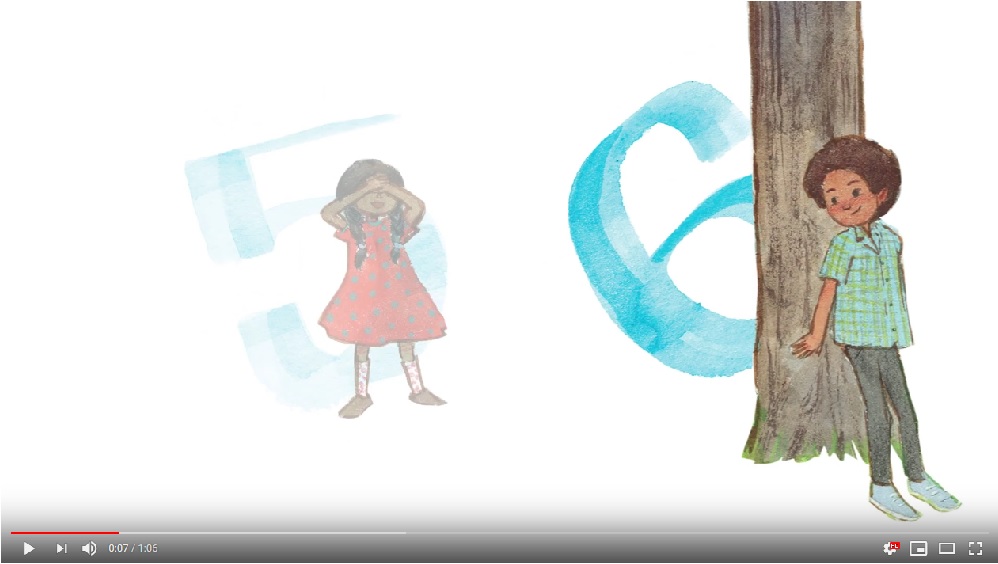 How to Two
How to Two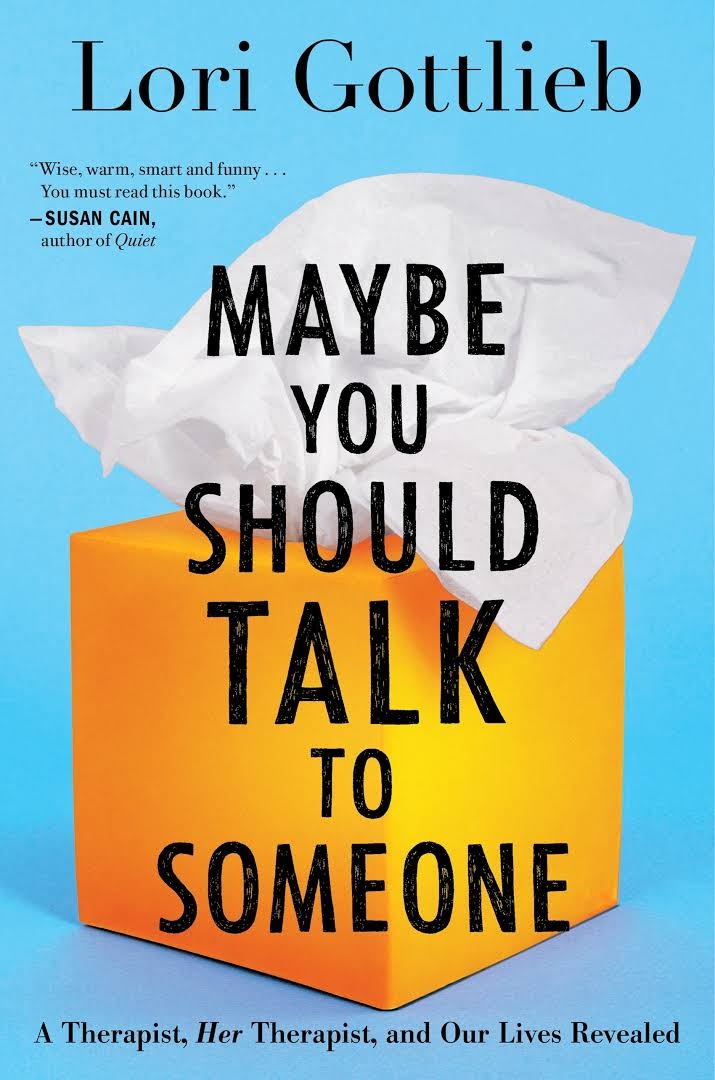 Psychotherapist and author of the Atlantic's "Dear Therapist" column, Lori Gottlieb (Marry Him: The Case for Settling for Mr. Good Enough) has spent time both in the therapist's seat and on the couch. She knows "a therapist will hold up a mirror to patients, but patients will also hold up a mirror to their therapists." In this memoir of crisis and healing, she illuminates the therapist-client relationship by describing her therapy experience during a personal crisis, supplemented with the stories of three special clients she counseled in the same period.
Psychotherapist and author of the Atlantic's "Dear Therapist" column, Lori Gottlieb (Marry Him: The Case for Settling for Mr. Good Enough) has spent time both in the therapist's seat and on the couch. She knows "a therapist will hold up a mirror to patients, but patients will also hold up a mirror to their therapists." In this memoir of crisis and healing, she illuminates the therapist-client relationship by describing her therapy experience during a personal crisis, supplemented with the stories of three special clients she counseled in the same period.